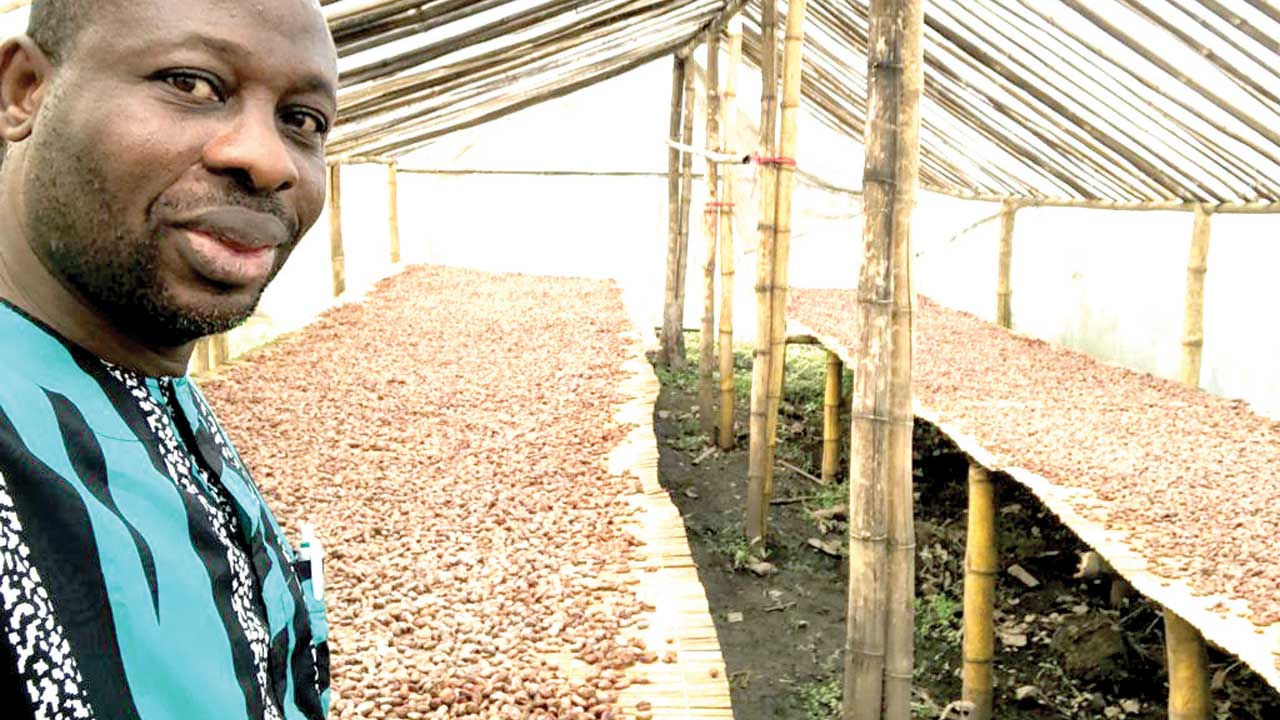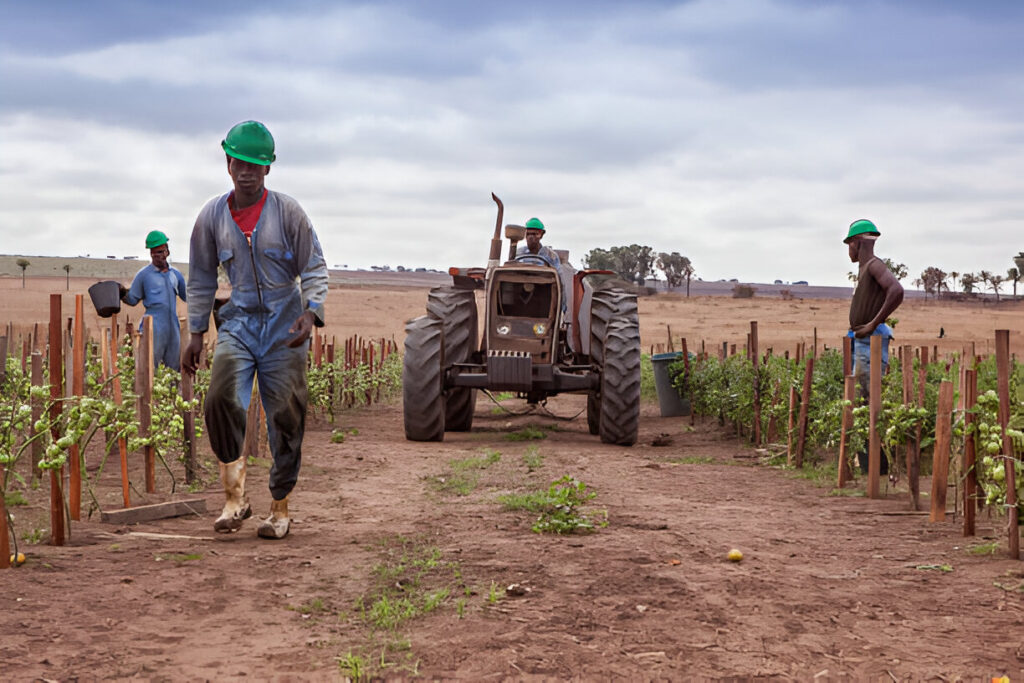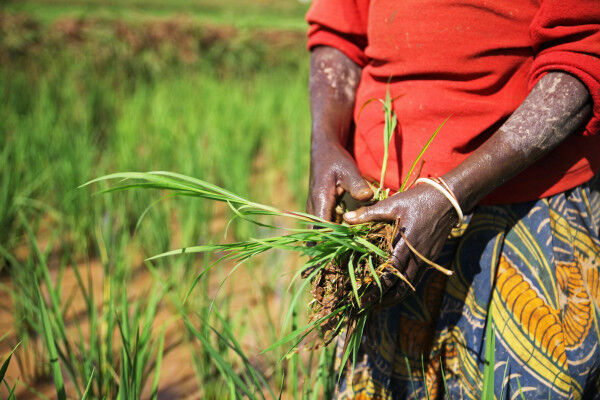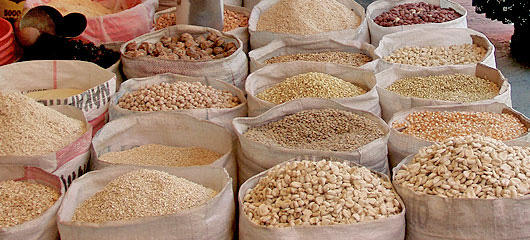
As a business enterprise, efficiency of production is critical to profitability and sustainability. Lack of appreciation of farming as a business is the bane of traditional agriculture, resulting in low productivity, poor income and entrapment in the vicious cycle of poverty. This has translated into low revenue to the government and negative perception that agricultural programmes are burdens to the government and a drain on scarce resources. To change this situation, there must be a pragmatic shift in perception towards seeing and treating agriculture as a business.
As a business, there are certain principles that must be taken into consideration to make agriculture efficient and profitable, an important element for sustainability. A value chain approach linking farmers at the farm production end to the markets and final consumers is critical. It is the market that drives the value chain. A neglect of this approach has led to low farm-level productivity and its attendant consequences at the upstream segment and sustainability of the commodity value chain.
In order to prime and pivot the upstream (micro-level) segment of the entire value chain for greater productivity and efficiency, I have summarised basic principles to guarantee efficient agricultural production into the following principles: Favoured/fine Seeds, Fertile Soil, Farm Sanitation, Farmer Capacity and Farm Size.
Fine Seeds
The importance of the genetic quality of seeds to be planted at the establishment of an agricultural enterprise cannot be overemphasised. It is critical because the genetic potential of seeds planted sets the ceiling for the productivity and profitability of the whole enterprise and value chain. It is, therefore, important that seeds planted must be of materials that have been genetically improved and selected from a formal breeding programme and distributed through approved sources (seeds system).
Our farmers usually source planting materials from unapproved sources, such as own or neighboring farms. These unselected materials generally perform worse than individuals from where they have been taken due to segregation of genetic qualities, especially open pollinated and highly heterozygous crops like cocoa, oil palm, maize, sorghum, rice and others. To guarantee high yields and overall productivity, it is recommended that seeds planted should be improved planting materials obtained from approved sources.
Fertile soil
Generally, soil is the medium for cultivation of crops and other agricultural activities. Although new technologies are available to grow crops in water (hydroponics) and air (aeroponics), soil remains the major medium of crop production. Ensuring that the soil used is fertile in order to provide essential nutrition to the growing crops is critical for efficient crop production. An effective soil fertility management system should be in place to continually provide good nutrition to the crops to deliver maximum genetic potentials for yield, nutritional value and required market qualities.
Farm sanitation
A good and favourable environment is critical to ensure that the crop plants are free from disease and pest attacks in the course of life cycle to reach full maturity and produce high yields of well formed, healthy and marketable fruits and desired produce. It is, therefore, important to invest in farm sanitation with the application of required husbandry practices, including weed management, pruning, shade and pest control, among others, to achieve efficiency.
Farmer’s skill
To achieve effective management of resources and factors of production, technical skills, entrepreneurial capacity and basic knowledge of the crops produced is essential. Where these are limited, operational efficiency is compromised, the enterprise suffers significant loss and becomes unprofitable. It is the reason why investment in extension services and capacity building efforts are critical factors for success.
Farm size
As a business enterprise, the scale of operation has direct consequences on efficiency and profitability of the business. There is a minimum size of operation below which the enterprise becomes unprofitable. This effective size sets the baseline for the scale of operation. It is important that this minimum size of the farm should be determined for each commodity crop. For example, for cocoa, the minimum effective farm size that guarantees income generation to sustain a farming family has been estimated at five hectares. Operations at below this size doesn’t guarantee income that makes farmer live above poverty level as defined by the World Bank. This is why most farmers remain trapped in the vicious cycle of poverty despite the hard work invested yearly.
Smart work, not hard work, guarantees profitability and sustainability. The application of these principles, I believe, will ensure that farmers conduct agricultural operations as business and become effective in managing the resources. With high farm yield and productivity, farmers will make good family income, generate enough volume of food to feed the nation and export commodities to earn foreign exchange for economic development.
•Professor Aikpokpodion is an Agri-Commodities Crop Production, Improvement and Value Chain Development specialist at University of Calabar, Nigeria.






